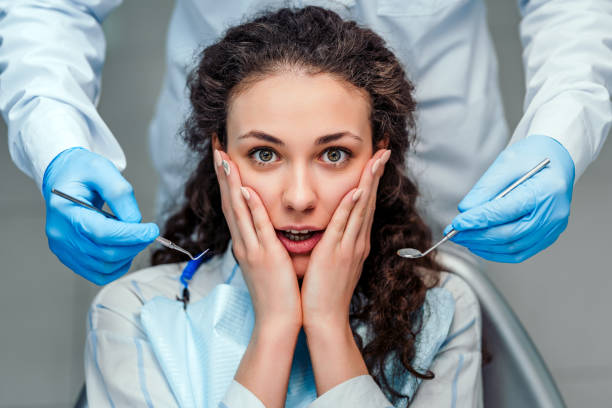Dental trauma can occur unexpectedly, causing immense pain and discomfort. Maintaining oral hygiene and prevention can be better. As accidents or injuries can happen to anyone at any time, it is crucial to know how to prevent and treat dental trauma effectively. Dr. Chirag Chamria, Oral and Maxillofacial surgeon at Royal Dental Clinics, is dedicated to providing expert guidance in preventing and treating dental trauma. With his vast experience and knowledge, Dr. Chamria offers valuable insights on safeguarding your teeth and managing dental emergencies.
Wear Protective Gear during Sports | Dental Trauma
Wearing protective gear during sports and recreational activities is crucial in preventing dental trauma. Here are some key points to consider:
Mouth guards: Wear a mouth guard while playing contact sports like football, basketball, and hockey. They buffer impact to reduce tooth fractures, dislocations, and other dental problems.
Proper Maintenance: After usage, brush or rinse your mouth guard. Protect it with a case. Check for wear and replace if needed.
Helmet and Face Shields: Football, rugby, and martial arts players should wear helmets or face shields to protect their faces and teeth. Make careful to use protective gear throughout training and contests.
Safety Education: Promote safety education for coaches, players, and teams. Teach them how to use and maintain safety gear. Understanding hazards may avoid dental trauma.
Customized Protection: Wear a full-face helmet with a mouth guard while skating, riding, or rollerblading. These specialised helmets protect the head and mouth, reducing dental trauma.
Maintain Proper Oral Hygiene | Dental Trauma
Maintaining proper oral hygiene is essential not only for preventing dental trauma but also for overall oral health. Here are some key points to consider:
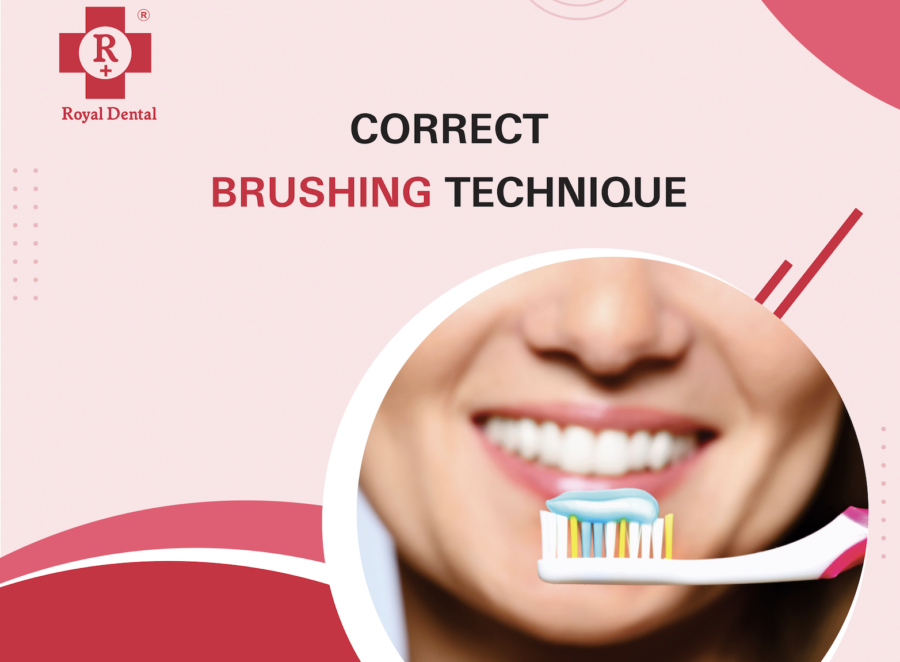
Brushing
At least twice a day, brush your teeth. Fluoride toothpaste and a gentle toothbrush. Brush all tooth surfaces outer, inner, and chewing gently in circles.
Flossing
Daily flossing removes plaque and food from teeth and gums. Wrap plenty of floss around your fingers and carefully move it between teeth. Move the floss up and down around each tooth to remove debris.
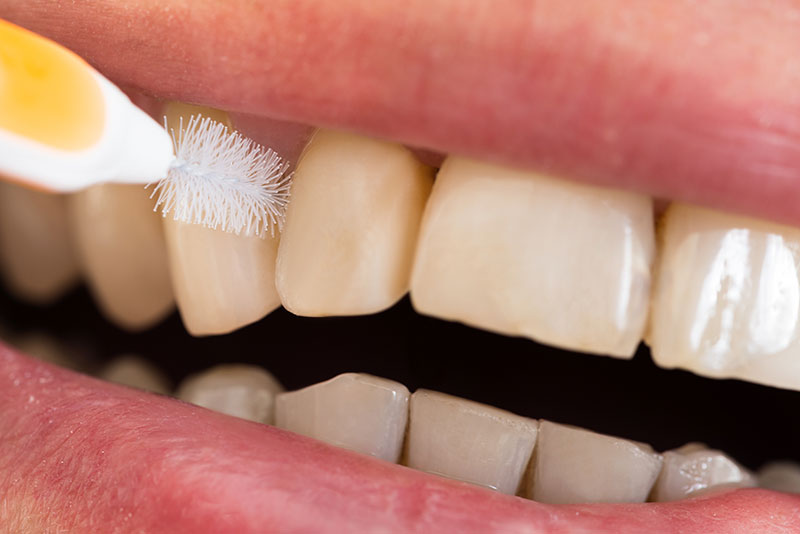
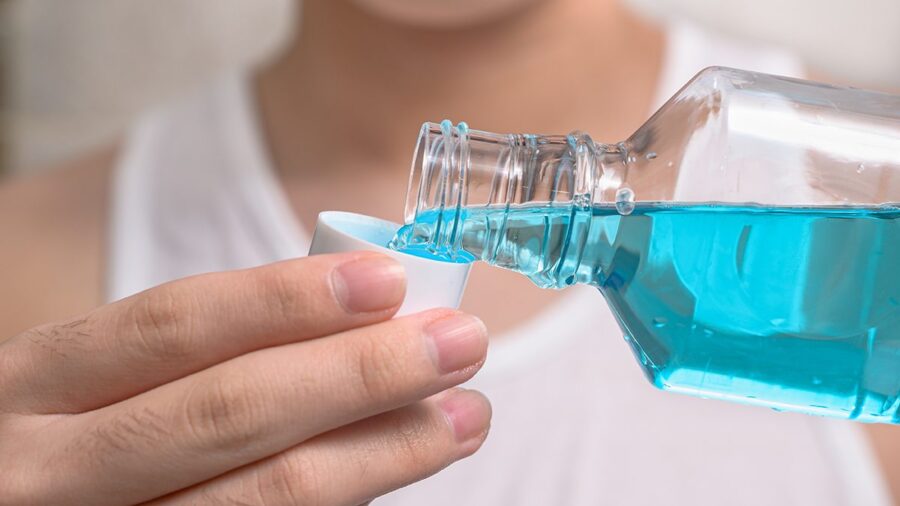
Mouth wash
Use antimicrobial mouthwash after brushing and flossing. Reduces bacteria and freshens breath. Choose an alcohol-free fluoride mouthwash to build tooth enamel.
Regular Dental Check-ups
Get dental checkups and cleanings regularly. These visits let your dentist check your oral health, spot problems, and clean your teeth.
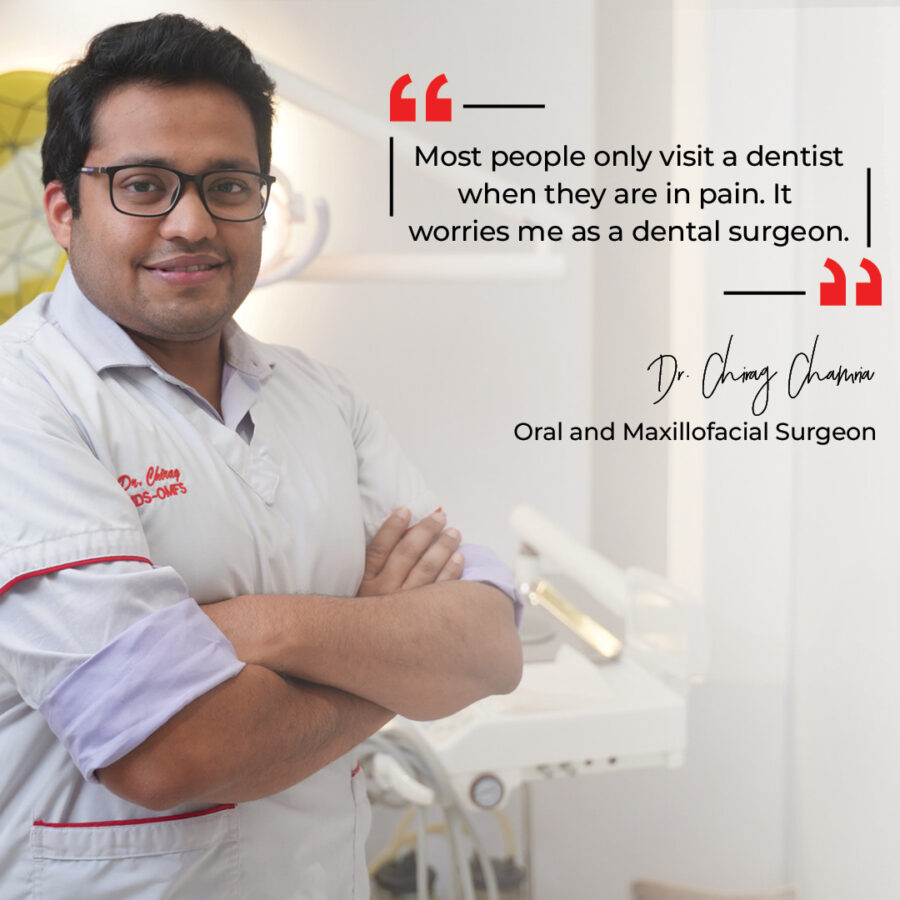

Healthy Diet
Eat a balanced, vitamin- and mineral-rich diet. Sugary and acidic meals and drinks may cause tooth damage and erosion. To stay hydrated, eat fruits, veggies, and nuts and drink water.
Avoid Tobacco and Alcohol
Tobacco use increases the risk of gum disease, tooth decay, and oral cancer. Alcohol abuse may damage oral tissues and cause dental trauma. Tobacco and alcohol cessation improve oral health.

Practice Caution to Prevent Falls | Dental Trauma
Practicing caution to prevent falls is essential for maintaining overall safety and minimizing the risk of dental trauma. Falls can lead to injuries, including broken or chipped teeth, jaw fractures, or soft tissue damage in the mouth. Here are some important points to consider:
- Use Handrails and Support: When navigating stairs, ramps, or any elevated surfaces, always utilize handrails or grab bars for support. These provide stability and help maintain balance, reducing the risk of slipping or falling.
- Clear Obstacles: Keep your surroundings free from clutter and remove any potential tripping hazards. Ensure that walkways, hallways, and stairs are clear of objects, loose rugs, or cables that can cause you to stumble.
- Adequate Lighting: Ensure that all areas of your living and working spaces are well-lit. Proper lighting helps you see any potential hazards and navigate safely, reducing the risk of falls.
- Non-Slip Flooring: Use non-slip mats or rugs with grip backing in areas prone to wetness, such as bathrooms or kitchen floors. These provide traction and minimize the chances of slipping.
Handle Dental Emergencies Promptly
Handling dental emergencies promptly is crucial to minimize pain and prevent further complications. If you encounter a dental emergency, follow these steps:
Toothache: Warm water may clean the tooth’s surrounding region. Floss any debris. Avoid putting aspirin or other painkillers to the tooth or gums if the discomfort continues. Contact your dentist for an emergency appointment.
Chipped or Broken Tooth: Rinse your mouth with warm water and preserve fractured tooth pieces. Cold compresses minimise edoema. Avoid hot or cold foods and drinks and call your dentist for an emergency assessment.
Loose or Dislodged Tooth: Use mild finger pressure to reposition a loose tooth. Bite on a rag to stabilise it till your dentist’s appointment. Call your dentist for advice and an emergency consultation.
Soft Tissue Injuries: To stop bleeding, rinse the wound with warm water and apply mild pressure with a clean cloth or gauze. If bleeding continues if the cut is serious, visit a hospital or emergency dentistry facility.
Conclusion
Preventing and treating dental trauma requires a combination of caution, good oral hygiene practices, and prompt action during emergencies. By following these preventive measures outlined by Dr. Chirag Chamria, you can significantly reduce the risk of trauma and ensure that any emergencies are handled effectively. Remember, dental health plays a vital role in maintaining overall well-being, and seeking professional dental care is essential for long-term oral health.
© All rights reserved by Royal Dental Implants Pvt Ltd
Issued in public interest

